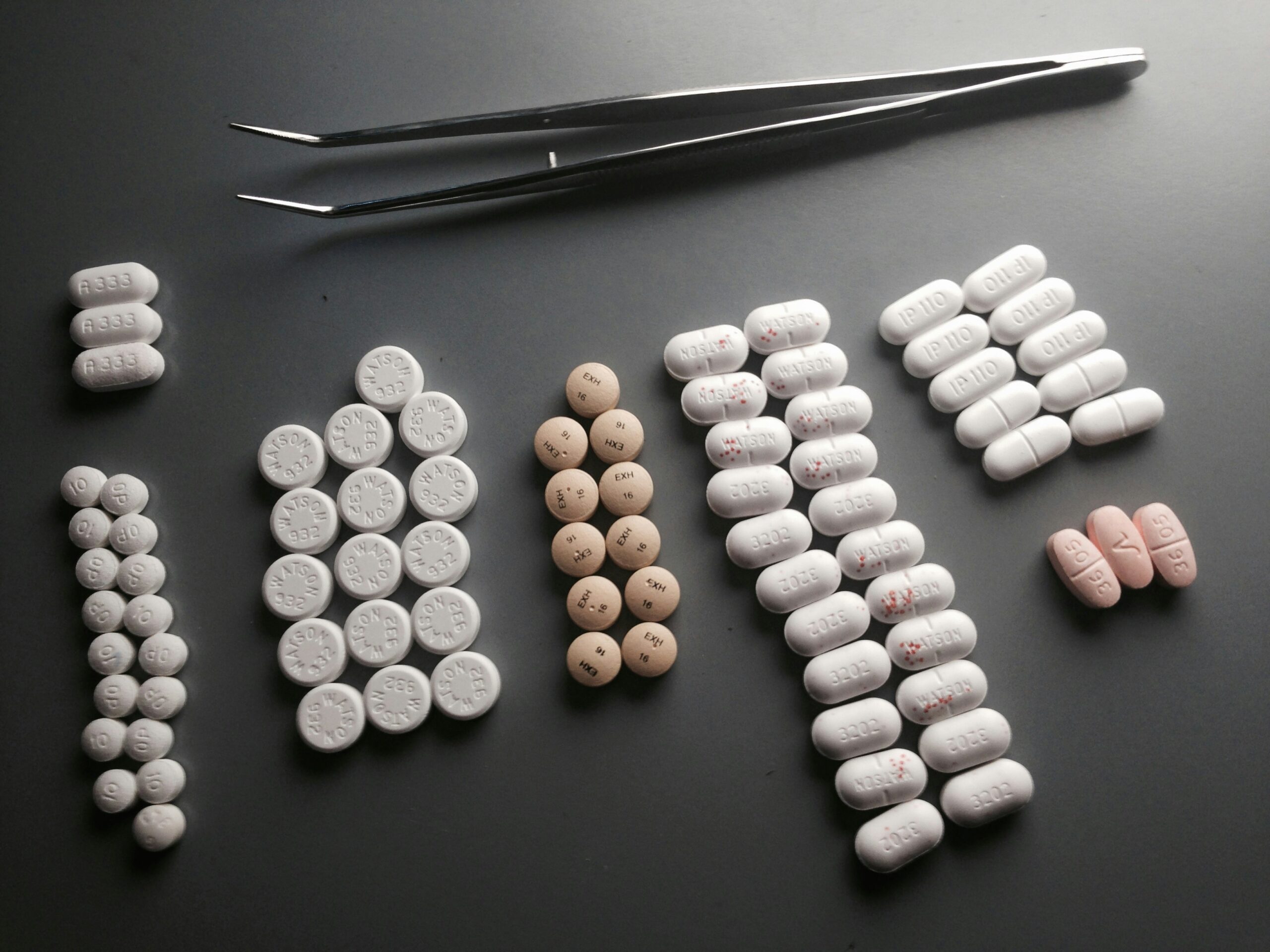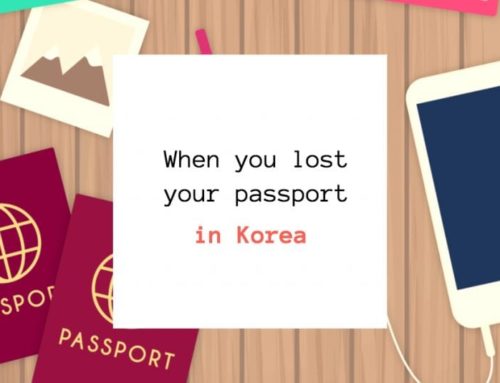Sick in Korea? A Native English Teacher’s Guide to Korean Pharmacy Meds
As a native English teacher in South Korea, you’re probably loving the vibrant culture, spicy food, and energetic students. But catching a cold, dealing with a headache, or battling an upset stomach can throw a wrench in your plans—especially when you’re navigating a new healthcare system. Fear not! Korean pharmacies (약국, yakguk) are your secret weapon for tackling minor ailments with affordable, over-the-counter (OTC) medications. This guide is your roadmap to feeling better fast, with tips on what to buy, how to communicate, and how to make the most of Korea’s pharmacy system.
Why Korean Pharmacies Are a Lifesaver
Korean pharmacies are everywhere—tucked into bustling city streets or quiet neighborhood corners—and they’re often open late. Pharmacists are super knowledgeable, and many OTC meds in Korea are stronger or more accessible than in other countries. Language barriers? No problem. With a few key phrases or a translation app, you’ll be back to teaching in no time. Let’s dive into the best OTC remedies for common health issues you might face.
1. Colds and Flu (감기, Gamgi)
Korea’s weather swings—freezing winters, muggy summers—can leave you sniffling or feverish. A cold can make wrangling a classroom of kids feel impossible, but Korean pharmacies have you covered.
Go-To Medications:
-
Panpyrin Q (판피린큐) or Pancold A (판콜에이): These all-in-one cold meds pack acetaminophen (for fever/pain), antihistamines (for runny nose), and cough suppressants. Perfect for knocking out multiple symptoms. Take 1-2 tablets every 4-6 hours, as directed.
-
Tylenol (타이레놀): Korea’s trusty acetaminophen (500mg) tackles fever and aches. It’s a classroom hero for getting you through the day.
-
Mucosolvan (뮤코솔반): Loosens phlegm for chesty coughs. Great for clearing congestion so you can breathe easy.
-
Strepsils (스트렙실): Soothing lozenges for sore throats. Pop one every few hours for relief during long teaching sessions.
Pro Tips:
-
Tell the pharmacist “감기약 주세요” (gamgi-yak juseyo, please give me cold medicine) and point to your nose, throat, or chest to explain symptoms.
-
Watch out for drowsiness with antihistamine-based meds—save them for after class!
2. Headaches and Aches (두통, Dutong)
Grading papers late, adjusting to Korea’s fast pace, or just a long day on your feet can spark a headache. Korean pharmacies offer fast-acting pain relief.
Go-To Medications:
-
Tylenol (타이레놀): Your go-to for headaches or muscle soreness. Safe and effective when taken as directed.
-
EVE-A (이브에이): Contains ibuprofen for headaches, cramps, or back pain. Take with food to keep your stomach happy.
-
Penjal (펜잘): A combo of acetaminophen and other pain relievers for stubborn tension headaches. Avoid caffeine-heavy drinks to prevent overstimulation.
Pro Tips:
-
Say “두통약 주세요” (dutong-yak juseyo, please give me headache medicine) or “진통제” (jintongje, pain reliever).
-
Stay hydrated—Korea’s dry air can worsen headaches, especially in winter.
3. Tummy Troubles (소화불량, Sohwabulyang or 설사, Seolsa)
Korea’s food scene is a delight, but too much tteokbokki or a spicy team dinner might leave your stomach protesting. Pharmacies have remedies to settle things down.
Go-To Medications:
-
Bearse (베아제): Digestive enzymes to ease bloating and indigestion after a big meal. Take 1-2 tablets post-feast.
-
Smecta (스멕타): A mixable powder that calms diarrhea and soothes upset stomachs. It’s a gentle fix for when= safe choice for quick relief.
-
Gasmyung (가스명): Chewable tablets with simethicone to banish gas and bloating. Perfect for post-samgyeopsal woes.
-
Motilium-M (모틸리움-엠): Eases nausea and speeds digestion. Use sparingly and ask the pharmacist for guidance.
Pro Tips:
-
Ask for “소화제” (sohwaje, digestive medicine) or “설사약” (seolsa-yak, diarrhea medicine).
-
Pair these with hydration—grab a Pocari Sweat at the pharmacy for electrolyte balance.
4. Allergies and Skin Woes (알레르기, Allereugi or 피부 문제, Pibu Munje)
Spring pollen, dusty classrooms, or a new skincare routine can trigger itchiness or rashes. Korean pharmacies have solutions to keep you comfortable.
Go-To Medications:
-
Zyrtec (지르텍): A non-drowsy antihistamine for allergies or hay fever. One daily dose keeps sneezing at bay.
-
Madecassol (마데카솔): A healing ointment for cuts, scrapes, or minor burns. Apply thinly to speed recovery.
-
Betadine (베타딘): An antiseptic cream for minor skin infections or insect bites. Great for summer mosquito woes.
-
Clotrimazole (클로트리마졸): Antifungal cream for athlete’s foot or rashes from Korea’s humid summers.
Pro Tips:
-
Say “알레르기약” (allereugi-yak, allergy medicine) or “피부 연고” (pibu yeongo, skin ointment).
-
For bug bites, try “벌레 물린 연고” (beolle mullin yeongo, insect bite ointment).
5. Stress and Sleeplessness (스트레스, Seuteureseu)
Teaching is rewarding but intense, and homesickness or long hours can take a toll. Korean pharmacies offer mild OTC options for stress or sleep.
Go-To Medications:
-
Valerian-based supplements (발레리안): Herbal remedies for mild stress or poor sleep. Check with the pharmacist for brands.
-
Melatonin (멜라토닌): Less common but sometimes available for jet lag or sleep issues. Ask for “수면 보조제” (sumyeon bojoje, sleep aid).
Pro Tips:
-
These are for short-term use. For ongoing stress, consider a counselor—many expat communities in Korea offer English-speaking support.
-
Pair with calming teas (like chamomile) from nearby convenience stores.
Navigating the Pharmacy Like a Pro
-
Break the Language Barrier: Use Papago or Google Translate to describe symptoms. Pointing or miming works too!
-
Payment: Most pharmacies take cards, but keep some cash (₩10,000-₩20,000) for smaller shops.
-
Ask Questions: Pharmacists can explain dosing in simple English or write it down. Double-check if you’re on other meds.
-
Know When to Stop: If symptoms last more than a few days or worsen (e.g., high fever, severe pain), head to a clinic. Korea’s clinics are affordable and often have English-speaking staff.
-
Late-Night Needs: Look for 24-hour pharmacies in big cities like Seoul or Busan for emergencies.
A Nod to Korean Pharmacists
Pharmacists in Korea are like healthcare superheroes for minor ailments. They’re trained to recommend the right meds and often go out of their way to help foreigners. In places like Itaewon or Hongdae, you might even find English-speaking staff. Don’t be shy—ask for help, and you’ll be amazed at how quickly you’re back on your feet.
Wrapping Up
From battling a cold to soothing a spicy-food-induced stomachache, Korean pharmacies have everything you need to stay healthy while teaching in Korea. With this guide, you’ll walk into any yakguk with confidence, ready to grab the right meds and get back to inspiring your students (or exploring Korea’s vibrant streets). Got a go-to pharmacy hack or favorite remedy? Drop it in the comments—we’d love to hear your tips!
Stay well, teach on, and enjoy your Korean adventure!
Disclaimer: This guide is for general info only. Always check with a pharmacist or doctor before taking new medications, especially if you have health conditions or take other drugs.



